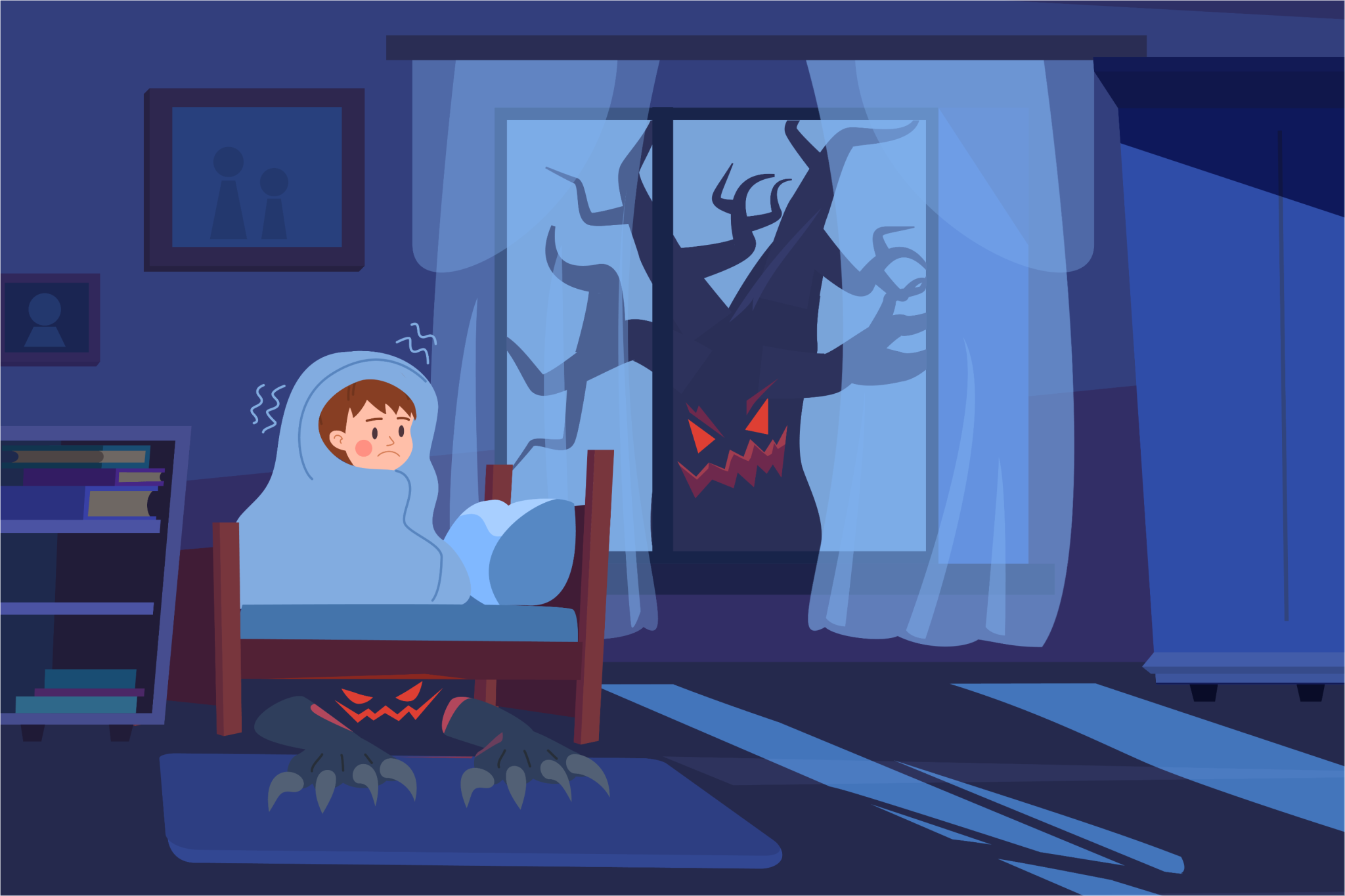It's one thing to hear scary noises and smell weird odors at a Halloween party or your favorite zombie movie. But it's something else when creepy sounds and smells seem to rise out of nowhere in your house. Here are some ideas to limit hair-raising events to Halloween.
Creaking and Popping in the Night
The many materials that make up your house — wood framing, plywood, glass, metal ducts, nails, plumbing pipes — all expand and contract at different rates.
When a house cools at night, these materials may move slightly, rubbing against one another and making noises. Occasionally, they’ll contract with an audible pop.
These sounds tend to be more noticeable in fall, when warm days give way to rapidly cooling nights. The bad news? Not much you can do about it. The good news? Those sounds are harmless and normal.
Zombie Odor
It’s either time to throw out the garbage, or you’d better call your gas utility to check on your gas lines and connections.
Natural gas is odorless, but natural gas suppliers add a foul-smelling odorant — butyl mercaptan — to alert occupants to any leaks. The smell is like rotten eggs.
Leaks can occur at your gas-fired water heater, fireplace, clothes dryer, and any gas line. Leaking natural gas is potentially dangerous. Leave the house and call your natural gas provider to assess the situation. Most utility companies perform safety checks for free.
Related: How to Stop the Smells and Funk That Invade Your Home
Footsteps in the Attic
Amplified by an unfinished attic space, a raccoon, or even a good-size squirrel on your roof might sound like an ax murderer is doing the polka overhead.
These rooftop transits are normal for critters; roofs offer a nice, long, unobstructed highway.
Make sure your soffit, rafter, and gable roof vents are covered with screens and in good shape, or your rooftop buddies might find their way into your attic for real. Trim back branches that give critters easy access to your roof.
Something’s Burning
You can smell the odor of burnt wood, but the smoke detectors aren’t going off, and there’s no smoke in the house. The culprit could be your fireplace, even if you haven’t had a fire for days.
The probable cause is a drafty chimney and negative air pressure in your home, meaning that outside air is infiltrating down your chimney, bringing stale burnt smells with it.
Stop drafts by making sure your damper has a good seal. Regulate air pressure by adding more cold air return ducts to your HVAC system. You’ll get rid of the odor and save on your energy bill, too.
Related: Increase HVAC Circulation
Moaning and Clattering
These classic, spooky sounds often show up when the wind blows and there’s a storm brewing.
Vents for clothes dryers, bathrooms, and water heaters exit out the roof or the side of the house. To prevent backdrafts, these vents have dampers — flaps designed to let vented air out and prevent outside air from coming in. These flaps sometimes move and rattle in high winds.
Because dampers often are located in attics or in between floor joists, the sound can be difficult to pinpoint. You may need a new damper. The average cost for a motorized version including labor is $350.
